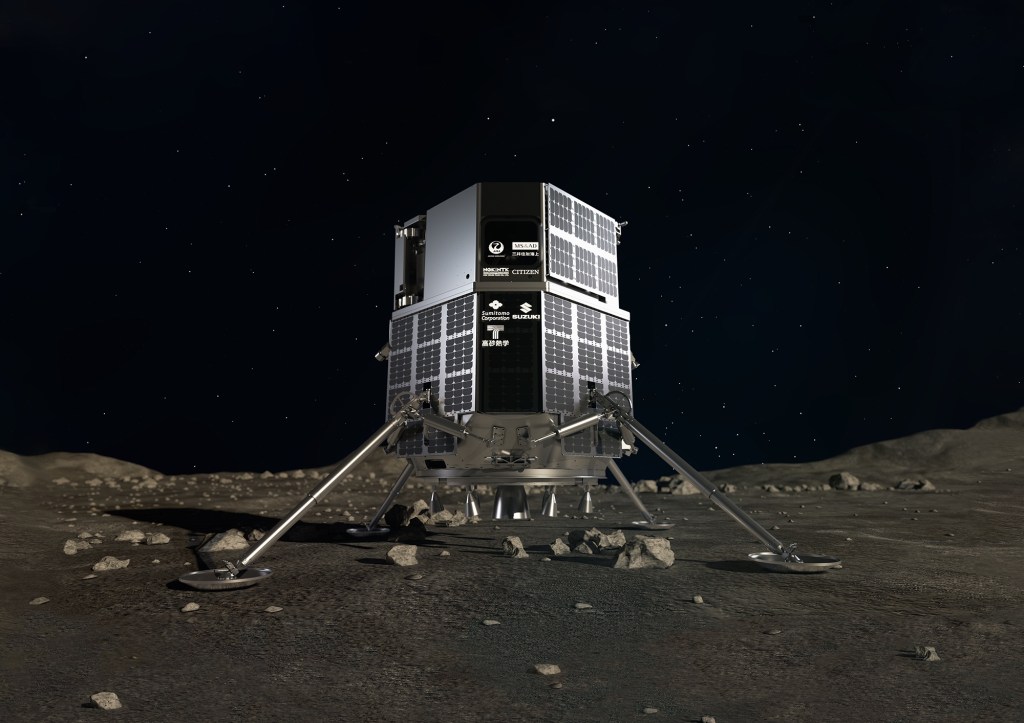NASA has selected the winning candidates that they’ve decided to tap to collect lunar resources for eventual Earth return. The four companies all have rides booked on future commercial lunar lander missions, and the agency is using this as a demonstration of what kinds of efficiencies it can realize by piggybacking on private industry for serving its needs. It is also a precedent-setting event for NASA paying private companies to retrieve materials that they retrieved and owned privately for their own purposes prior to transferring ownership to the agency.
The winning bids were evaluated based on two simple criteria: Basically, were they technically feasible, and how much did they cost. There were four winners, each with a different ride out, which will seek to satisfy the conditions of NASA’s request, which is basically to collect a lunar regolith (essentially what we call “soil” on the moon) in an amount ranging from between 50 grams to 500 grams, with retrieval to be handled separately by NASA at a later date. The samples had to be collected before 2024 as part of the request, which sets them up for potential retrieval via NASA’s Artemis mission series, though the agency isn’t necessarily going to actually pick up the samples, it reserves the option to do so.
The four companies selected are:
- Lunar Outpost, from Golden, Colorado, which bid to complete the contract for just $1, following the arrival of the Blue Origin lunar lander in 2023.
- ispace Japan, which asked for $5,000 for a retrieval via the landing of its Hakuto-R lander during its first mission currently set for 2022.
- ispace Europe, a part of ispace Japan’s global corporate footprint, which bid for $5,000 and an arrival in 2023 on the second Hakuto-R mission.
- Masten Space Systems, which asked for $15,000, with an arrival in 2023 using its Masten XL lander.
The agency received 22 proposals in total, between 16 and 17 companies. This was intentionally designed to help NASA demonstrate the advantages of its public-private partnerships approach, and to set precedents about how resource material collection can happen on extra-terrestrial bodies like the moon.
“With the commercial partnerships, this is setting a precedent internally as well as externally, relative to NASA continuing that paradigm,” said NASA’s Acting Associate Administrator for International and Interagency Relations Mike Gold. “Rather than pay for the development of the systems themselves, NASA is playing the role as customer.”
More specifically, these contracts also set precedents in terms of what private companies can do in terms of collecting material from the moon, and who has ownership of that material once collected.
“I’ve often said that the rocket science part, the engineering, sometimes that seems like the easy aspect when it comes to all of the policy issues, legal or financial challenges that we have,” Gold said. “It’s very important that we resolve any legal or regulatory questions in advance because we never want policy, or regulations to slow down or hinder incredible innovations in development that we’re seeing from both the public and the private sector. So we think it’s very important to establish the precedent that the private sector entities can extract, take these resources that NASA can purchase, and utilize them to fuel, not only NASA’s activities, but a whole new dynamic era of public and private development and exploration on the moon, and then eventually to Mars.”
Basically, NASA wants this to set a precedent that private companies can go to the moon, and eventually Mars, and mine material and retain ownership of said material for later distribution to both public and other private customers.
That’s part of the reason these bids are so low — companies like ispace and Lunar Outpost have future business models that involve significant potential planetary-body mining components. The other is that these lunar lander missions were already planned, and as NASA explicitly laid out in their request for proposals for this bid, the agency did not want to pay for any development costs for the mission of getting to the moon itself — just the actual collection.
Blue Origin’s human lunar lander all-star space team completes first key milestone for moon mission































Comment